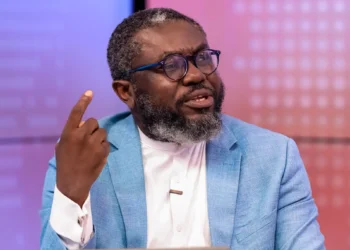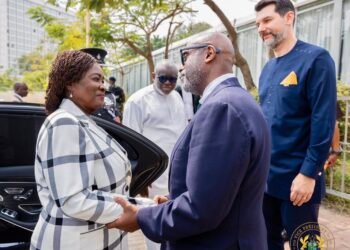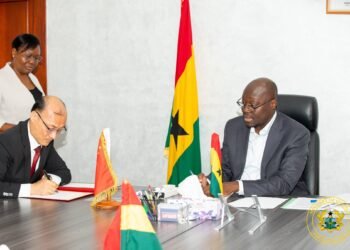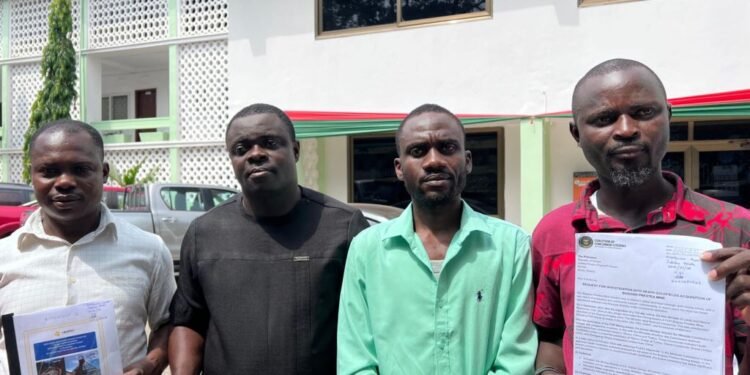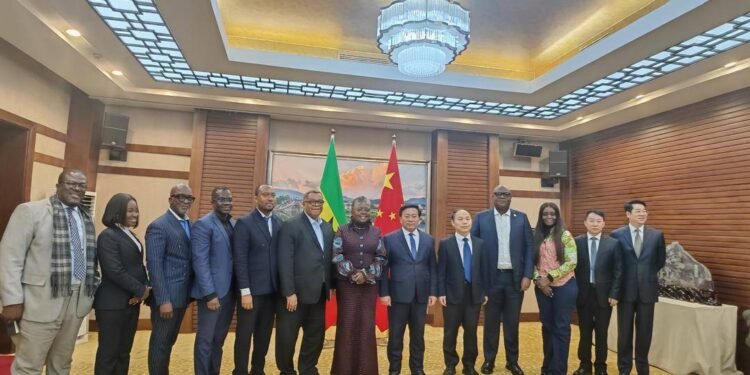Ghana’s persistent political leadership crisis, according to Hon. Kwaku Kwarteng, Member of Parliament for Obuasi West, is not merely a failure of the political class but a symptom of a broader societal problem.
Speaking on the state of governance and public service, Hon. Kwarteng offered a sobering reflection on the country’s trajectory, warning that unless both leaders and citizens reorient their values, Ghana’s future will remain bleak.
He observed that the growing selfishness within Ghanaian society has cultivated a culture where individuals seek personal gain at the expense of the collective.
In his view, this societal mindset is mirrored in the leadership style of those in political office.
“Society is becoming more and more selfish, and each individual wants to live at the expense of the other person. And so when you are in a position to appropriate everything for yourself, you do so.”
Hon. Kwaku Kwarteng
According to the former Deputy Finance Minister, this self-centered culture does not originate in the corridors of power but is amplified there.
He described it as a “dog-eat-dog” reality, where political leaders simply scale up the petty corruptions witnessed at lower levels of society because they now control much larger resources.

He argued that small acts of misconduct often go unnoticed at the grassroots level. However, when individuals with such habits ascend to positions of national influence, the consequences become far more visible and damaging.
“The petty thief or the small corruption by that teacher in that primary school may be overlooked. But when that teacher is elected into political office and reflects that, then you see what we are talking about.”
Hon. Kwaku Kwarteng
Kwarteng’s critique of political leadership in Ghana was direct and unflinching. He admitted that those currently in office are not offering the kind of governance the country desperately needs.
“We are providing the wrong kind of political leadership. And it is leading this country into danger, and that danger, we, the political elite, will be the biggest victims, unless we change course.”
Hon. Kwaku Kwarteng
Calls For Urgent Cultural, Political Leadership Reset
Furthermore, Hon. Kwaku Kwarteng emphasized that the current trajectory is unsustainable. With Ghana having turned to the International Monetary Fund (IMF) for support 17 times, Kwarteng noted that this cycle of mismanagement and dependency cannot continue.
He pointed out that the country often spends borrowed funds on projects and expenses that do not yield long-term benefits. These borrowed resources, he stressed, should be treated with greater responsibility.

He argued that this behavior is not just about economic recklessness but about a deeply flawed mindset that undermines any chance of progress.
“We could discuss elements of this… and if the mindset is wrong, we’ll tweak things here and there. But fundamentally, we will be doing the wrong things.”
Hon. Kwaku Kwarteng
Kwarteng called on the political class to lead by example in breaking this cycle. However, he was also clear that responsibility does not rest solely with leaders.
He believes that the general population must also commit to changing their values and expectations.
The MP’s remarks serve as a warning and a call to action. Without a shift in how both the governed and their governors think and behave, the country risks deeper instability.
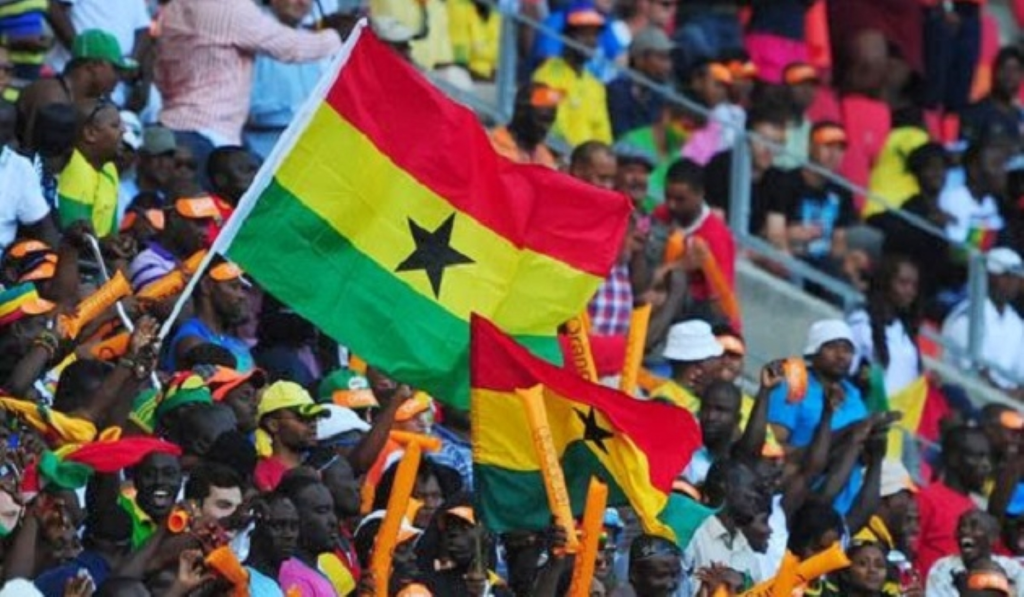
Public trust in governance continues to erode, and frustration is mounting among citizens who are increasingly disillusioned with the political system.
Kwarteng’s diagnosis of Ghana’s problems is not entirely new, but the urgency with which he delivered his message suggests that the stakes are higher than ever.
The convergence of poor fiscal choices, corruption, and cultural decay could have far-reaching consequences if left unaddressed.
As Ghana grapples with economic pressures and social discontent, Kwarteng’s message underscores a fundamental truth: no amount of policy reform or external assistance can succeed without a parallel shift in political leadership, ethics, and societal values.
READ ALSO: Investor Sentiment Mixed on GSE as MTN Ghana Dominates Trade Volume




